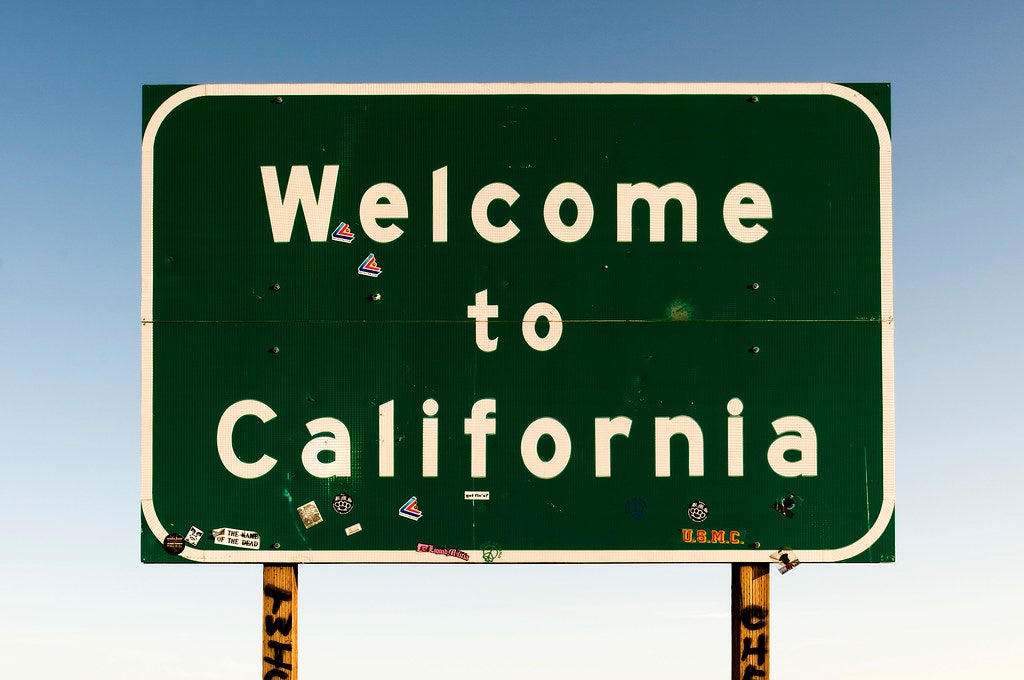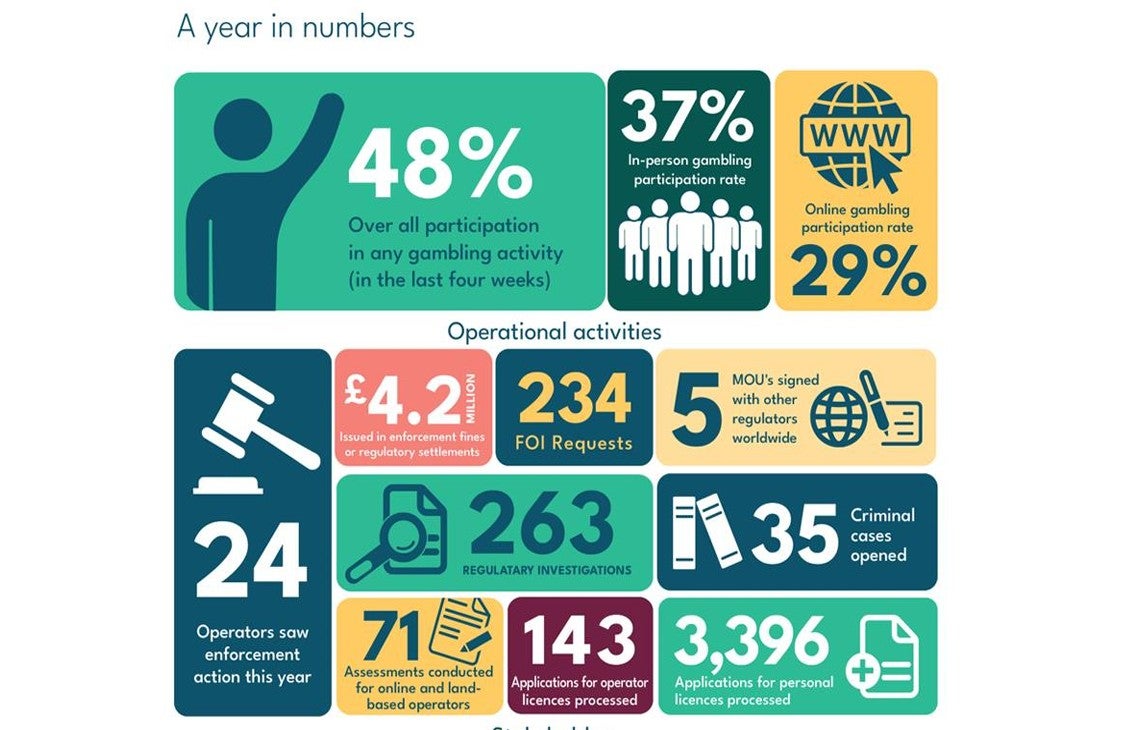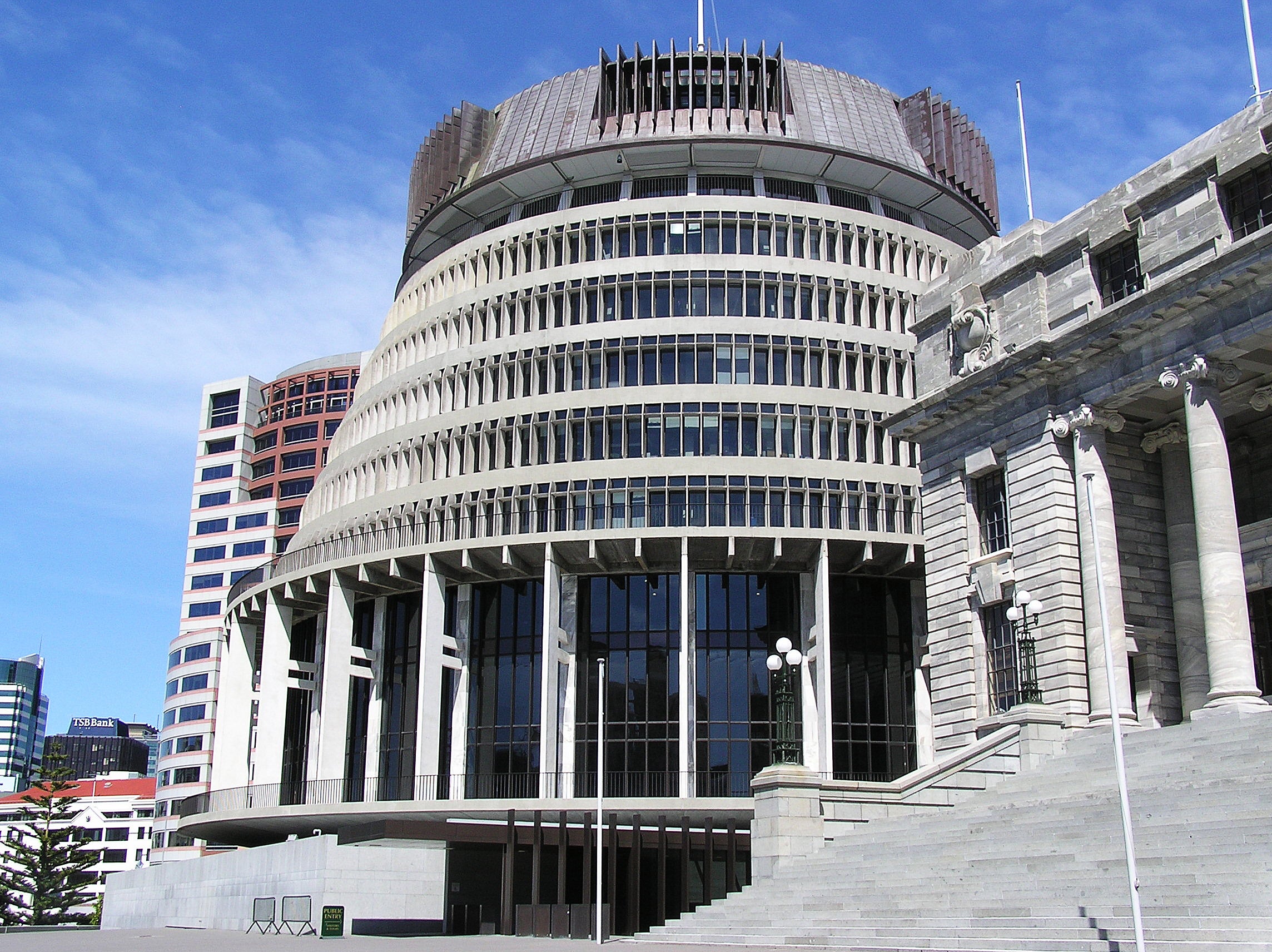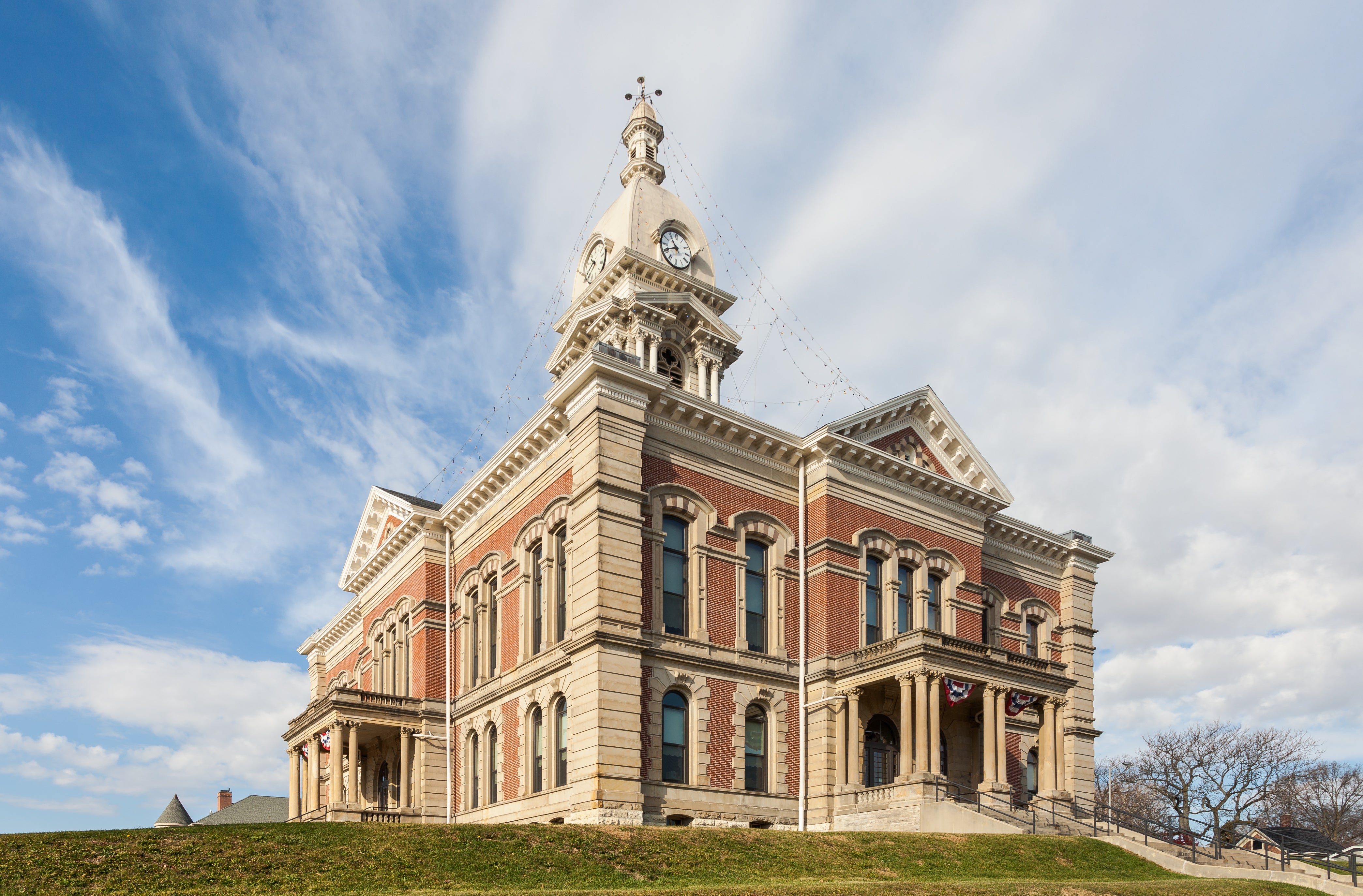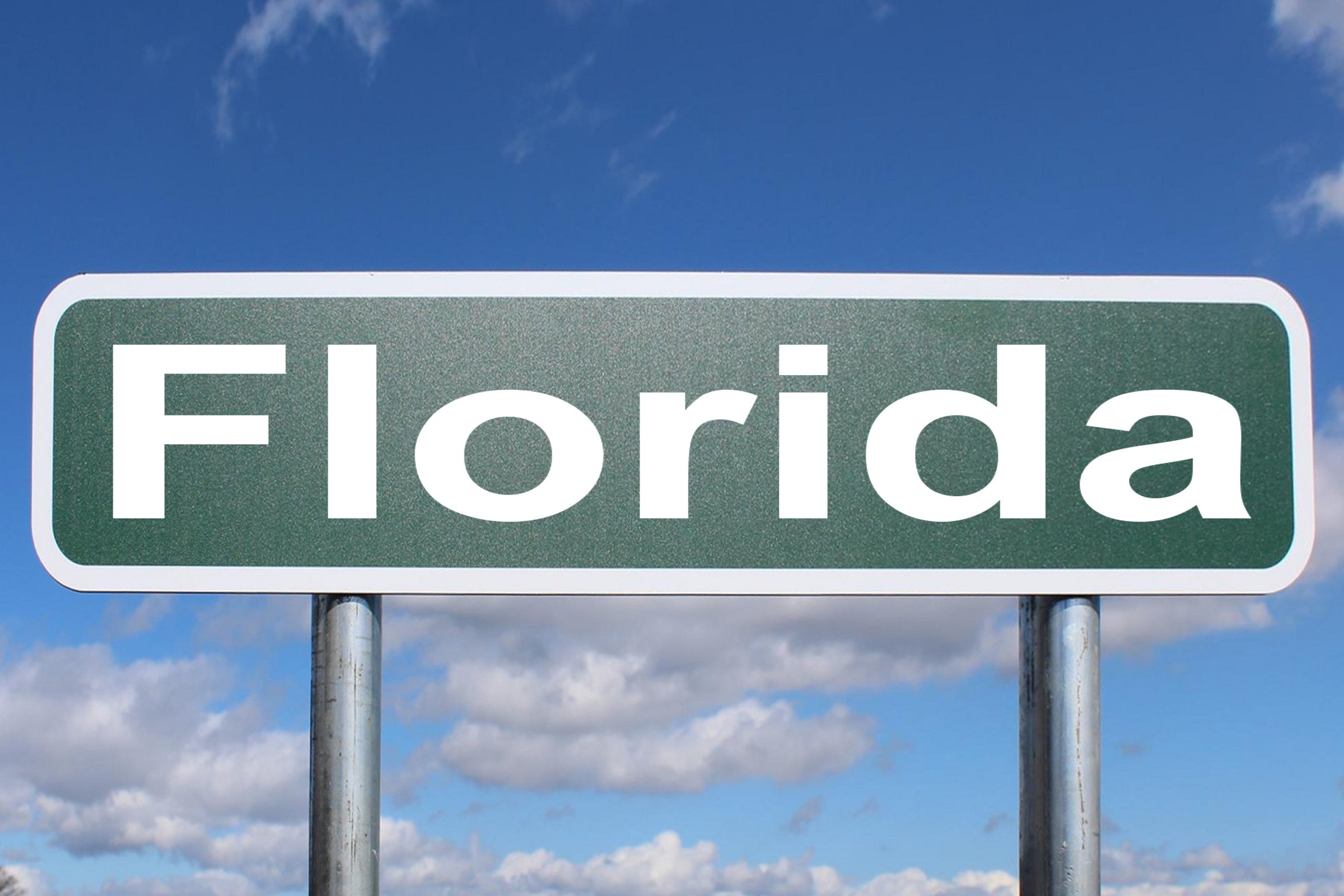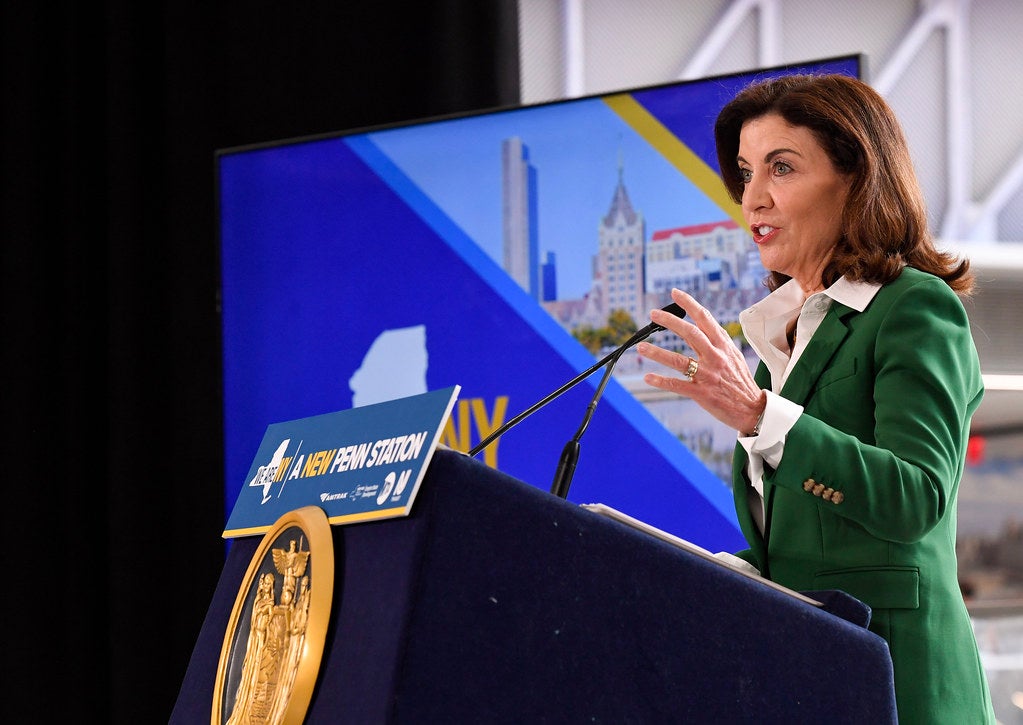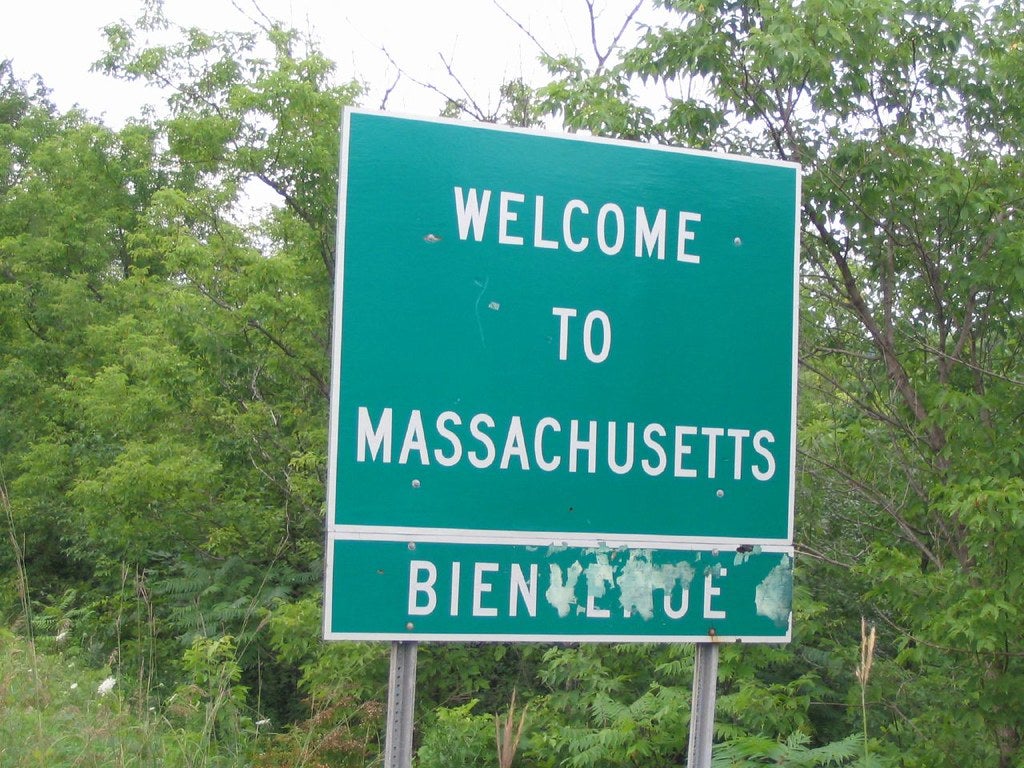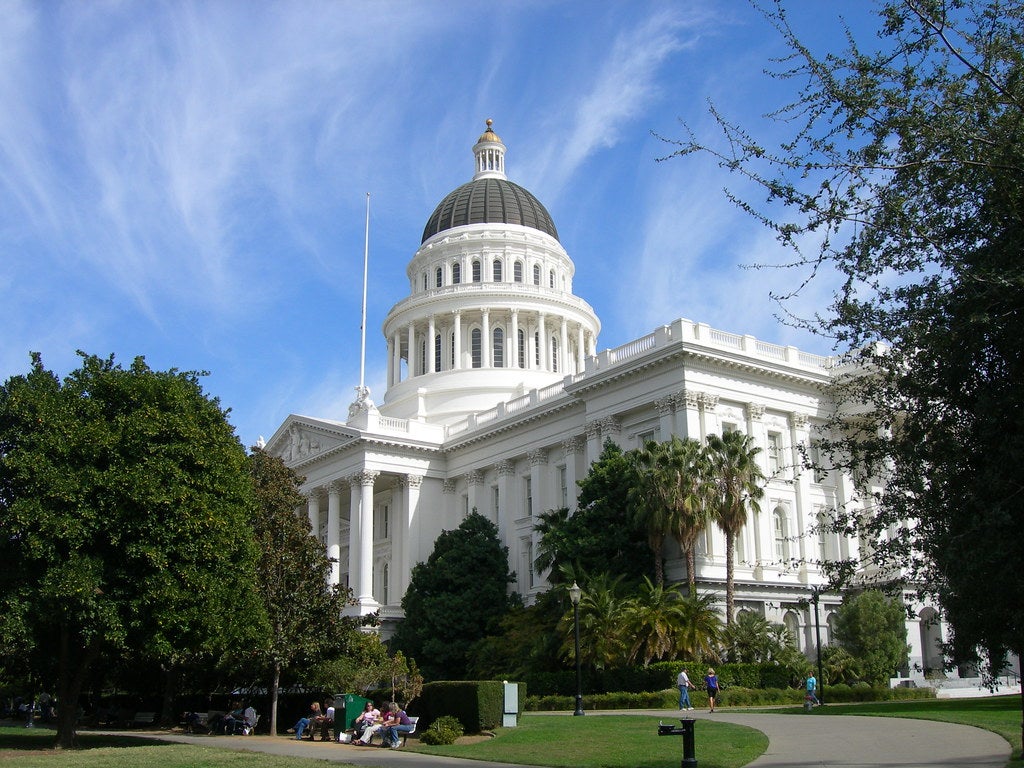Tribe Left Out of Talks, Speaks Out Regarding Concerns
Moorehead's letter continues, discussing how much the bill has changed since it was first introduced. He said that the bill is now a “broad and blanket prohibition of various types of online gaming."
He also said the bill “advanced without adequate dialogue with many tribes, including ours, despite its direct implications for tribal sovereignty and economic development."
His areas of concern include the lack of consultation, the potential impact on tribal sovereignty, possible economic harm to smaller and more rural tribes, and possible damage to services like housing, healthcare, and food security.
Moorehead believes there are alternative parameters that could help everyone, including the state, tribes, and players.
The Kletsel Economic Development Authority had similar concerns regarding smaller and more isolated tribes as they depend on digital partnerships for funding.
Opposition Increases
At the Senate Appropriations Committee hearing on Aug. 18, five opponents spoke out against the bill.
Supporters, including the bill's sponsor, Assemblyman Avelino Valencia, declined to make any presentation.
The opponents, including the Social Gaming Leadership Alliance, which said the state could make between $200 and $300 million per year regulating sweepstakes casinos, and the Social and Promotional Game Association, which said the bill is "rushed and flawed legislation."
Next Steps
After the hearing on Aug. 18, the bill moved to the suspense file, which is used for bills that could have a massive economic impact.
Now, the Senate Appropriations Committee will meet again on Friday to discuss the bill further.
The Yuhaaviatam of San Manuel Nation, another tribe, is in favor of AB 831.
That tribe owns and operates Yaamava Resort and Casino in Highland, CA, and the Palms Casino Resort in Las Vegas.


